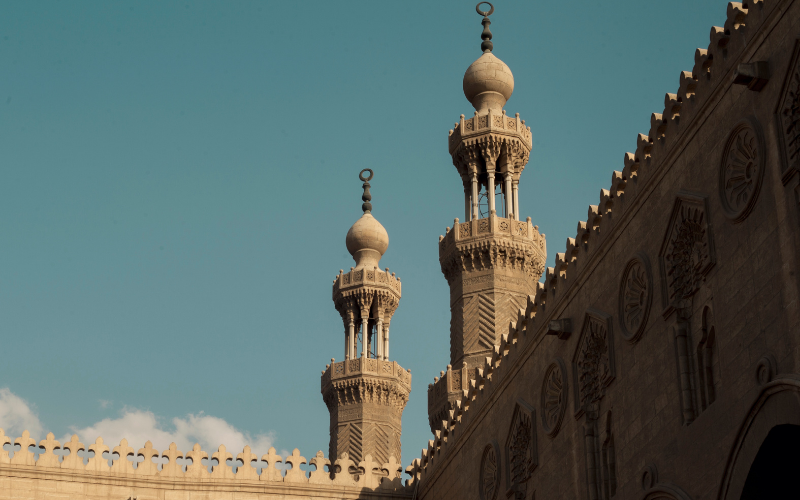Lorem ipsum proin gravida nibh vel velit auctor aliquetenean idelit sollicitudin, lorem quis bibendum auci elit consequat ipsutis sem.
1-677-124-44227
info@yourbusiness.com
184 Main Collins Street | West victoria 8007
Follow us On Instagram
Lorem ipsum proin gravida nibh vel velit auctor alique tenean sollicitudin, lorem quis.


